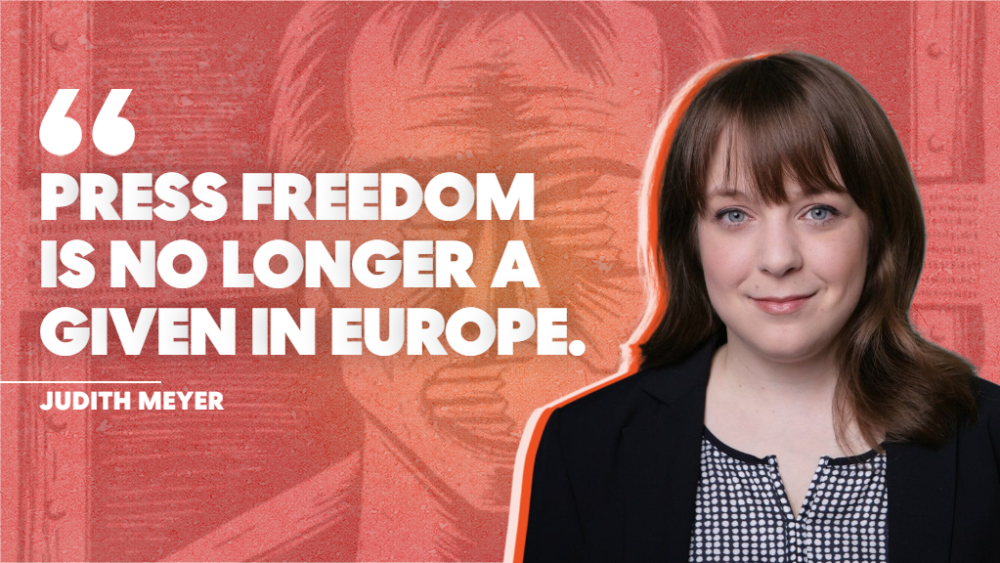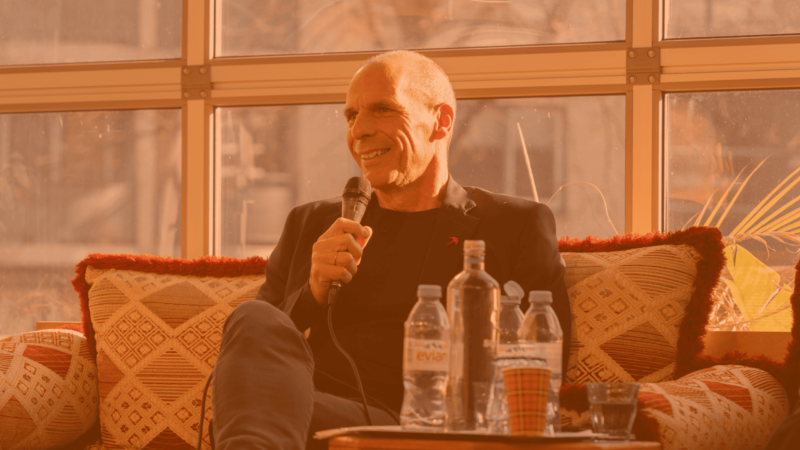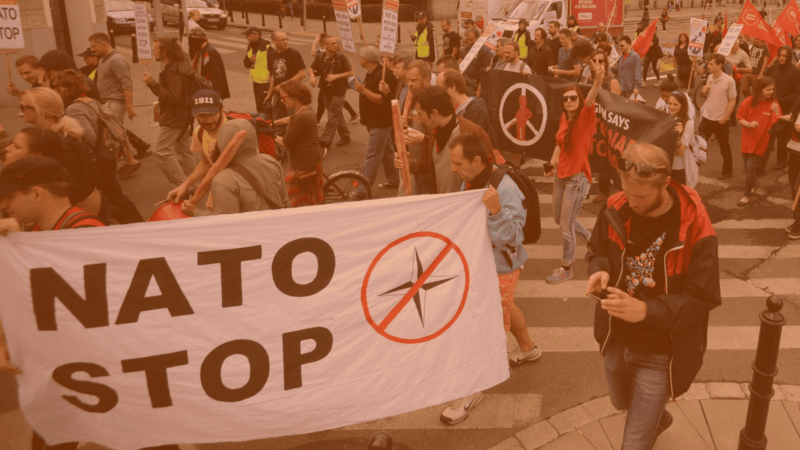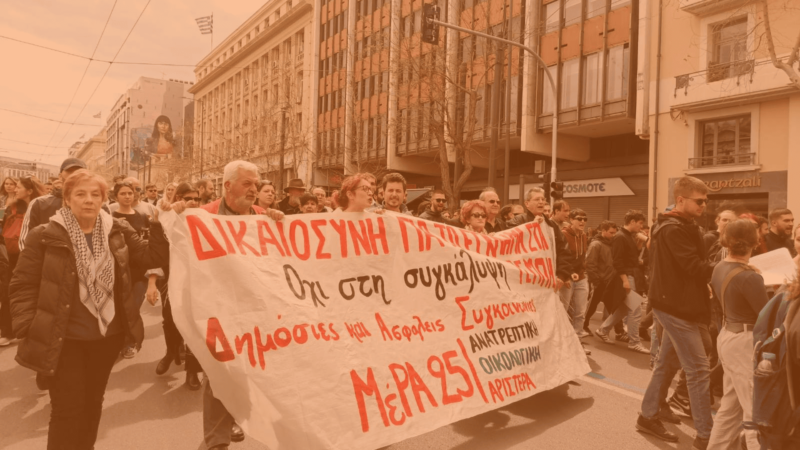The Ukraine war is being used as a pretext for EU governments to block political content, which is certain to be exploited for wider reaching censorship.
It is time. We must talk about censorship. Some readers might groan as, for the past decade, cries of “they are censoring me” have usually come from right-wing millionaires with huge audiences, taking offense at the few platforms that don’t want them.
For them, being given a stage feels like a birth right and, by invoking “censorship”, millionaires are trying to present themselves as the underdogs while the real underdogs, including many anti-capitalist, indigenous and feminist voices, will never be offered such a stage in the first place. The same goes for other finite resources like space in newspapers, magazines, TV or radio slots.
In some ways, the internet has appeared as a great equaliser. Compared to getting invited to speak at an event, or to write an article for a big newspaper, or to appear on TV, the entry requirements for publishing a blog article, a podcast or a video are extremely low and don’t depend on knowing someone who knows someone. Moreover, unlike theatres, newspapers or TV, the internet has infinite space; it is not a zero-sum game, nobody’s contribution needs to be rejected in order to make space for others’ contributions. And this content is more universally accessible than pre-internet content.
That makes it all the more worrisome when somebody somewhere decides that another person’s online political content has to go. In China, there is a Great Firewall that prevents its people from encountering websites that might educate them about events like the Tian’anmen Square massacre or other political content that the government doesn’t want people to see. When a Chinese person opens this kind of link, they see a “this site cannot be reached” message, as if there was something wrong with the site, rather than something wrong with their internet.
I strongly fear that this is another case of national governments meeting too much resistance to their laws on the national level and implementing them via the backdoor of European rules.
In Europe, the situation varies from country to country, but many countries force their internet providers to block either access to file-sharing/illegal streaming sites, child pornography sites, or both. As far as I know, no Western European country blocks access to political websites. This goes even for content that is very unpopular with governments, such as Wikileaks. The Establishment hates that Julian Assange exposed their crimes. They are trying to torture him to death as we speak. But they have not dared to restrict the content. Anyone can go to Wikileaks.org and read the material there. There has been no Great Firewall.
Until the war in Ukraine. This war was used as a pretext for EU governments to see if they can get away with blocking political content. They legislated that, just like in China, European internet providers simply must not serve certain political websites. Did they succeed? Just try to access the websites of Russia Today or Sputnik. If you’re in, let’s say, South America, these pages will load without a hitch. In the EU, you’ll hit a void.
I strongly fear that this is another case of national governments meeting too much resistance to their laws on the national level and implementing them via the backdoor of European rules. Political censorship of the web at the European level – even if it‘s just affecting a few fake news-riddled websites for now – means that we have entered a new era and free press is no longer a given in Europe (if anyone had any doubt after how they treated Assange). This is the time for everyone to learn about uncensored DNS servers, learn how to use a VPN, and teach their parents and friends how to do so.
Apart from the threat of a Great Firewall, another danger to free press and free speech are the internet monopolies. Unlike blogs, which can easily be transferred, there is no real replacement for having one’s content on YouTube, Twitter, Facebook, Google or Spotify. Nothing that comes close to offering the same broad audience. So when these sites use their monopoly power in order to take down political content they don’t like, it is corporate censorship and usually devastating for the people affected. Many Western governments have good connections to these sites and have tried to legislate what kind of content is permissible and what isn’t. In some cases, courts have upheld people’s right to publish critical messages on these sites, but of course most take-downs of political content never wind up in court. Fighting internet monopolies is also a crucial step in ensuring that we will be able to speak our mind tomorrow.
This war was used as a pretext for EU governments to see if they can get away with blocking political content.
Finally, we have seen something even more worrying in Germany: a few days ago, the German Ministry of the Interior announced that anyone who speaks approvingly about Russia’s invasion of Ukraine (on the pretext of protecting minorities there) may be liable to prosecution in Germany. This rule does not apply to those who speak approvingly of the United States‘ invasion of Iraq, or NATO’s bombing of Yugoslavia, or any other recent conflict for that matter, most of which used the pretext of protecting minorities. And maybe it is stupid to ever believe this pretext, no matter who uses it, but if it was illegal to say anything stupid, we’d all spend our entire lives in prison. This is simply censorship of a minority political view.
The era where woke activism was the greatest ‘censor’ in the West has come to an end. We are seeing the beginnings of a harsh, old-style state censorship now, facilitating the division of the world not into different camps but into different realities. The internet must resist.
Do you want to be informed of DiEM25's actions? Sign up here















